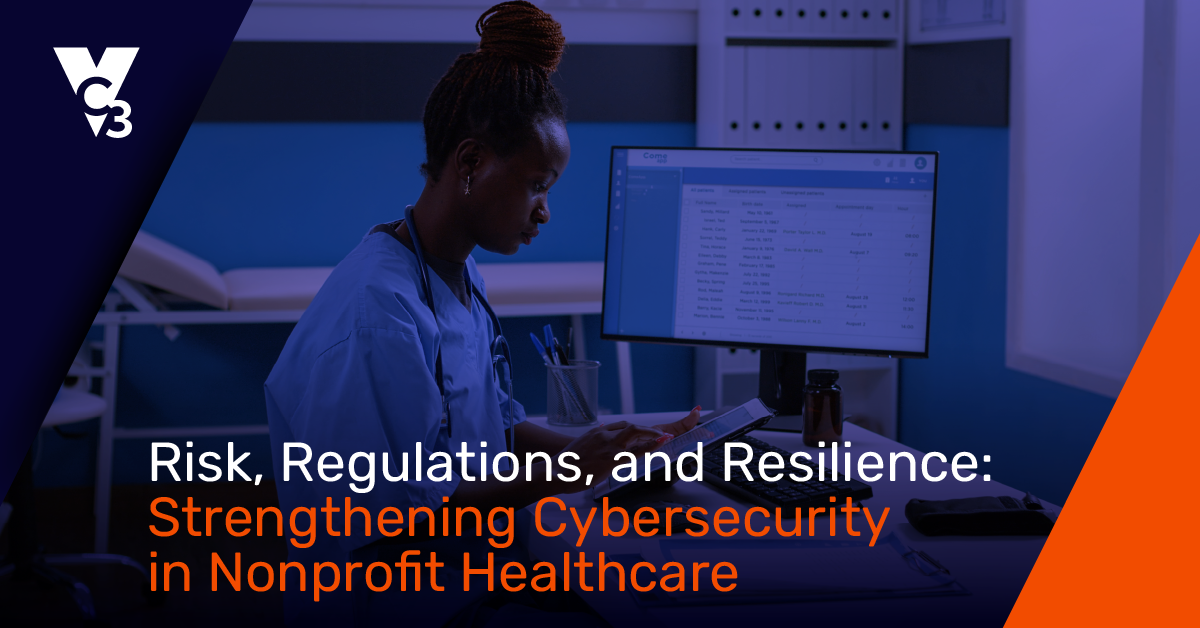Data backup may be the most important technology component for a municipality. Yet, many towns and cities still operate day-to-day with a great deal of uncertainty around their data backup and disaster recovery plans. If cities remain uncertain about their ability to recover data after an incident or disaster, then they open themselves up to big, big risks and consequences that can devastate their operations.
Here are four major risks that affect towns and cities operating with uncertain or incomplete data backup plans.
1. Permanent data loss
This is the biggest risk of them all. Once data is gone, it’s gone. Imagine your financial data wiped out. Imagine city records subject to Open Records requests wiped out. Imagine public safety information related to active cases wiped out. Not backing up your data risks the permanent loss of such valuable information.
Permanent data loss can occur even if you think you’re backing up your data. Manual data backup solutions (such as external hard drives) often experience data corruption. Consumer-grade data backup solutions often do not back up all your critical data (due to file or storage limitations). Onsite-only solutions can fail in a major disaster.
2. Liability and legal issues
Protecting citizen and municipal data is not an optional activity. It’s the law and part of the reason you exist. You are legally required to protect specific kinds of city records and information. When you don’t, severe consequences can ensue.
If do you not have reliable data backups and permanently lose important data, then you can be seen as negligent. Failing to protect records required for state retention laws puts you at risk for lawsuits, public scrutiny, and additional expenses. These expenses are often higher than a data backup and disaster recovery solution.
3. Work stoppages and disruptions
Cities perform a variety of critical functions for residents including public safety, public works, tax collection, and business licenses. When you lose critical data, you lose access to databases, specialized software and applications, and even email. City employees who rely on important data to do their jobs suddenly cannot work. With an inferior data backup solution, restoration after a data loss incident can take days or weeks. With a poor or incomplete data backup solution, you may not be able to recover your data at all. Rebuilding the work of a city department after such a loss of data can impact your employees for many weeks and months—sidelining them from doing their jobs.
4. Public embarrassment
We could show you dozens and dozens of front-page headlines over the last few years detailing data loss incidents at cities. These stories get picked up and distributed state-wide and even nationally, especially in industry publications that like to use local government examples to demonstrate technology failures. Do you want your city searchable as a bad example for years because you failed to properly back up your data?
Locally, residents will not like to hear about a major instance of permanent data loss, especially if it impacts their personal data or ability to do business with the city. What if their tax information is lost and you have to tell citizens to resubmit it? What if the press wants answers and you have to admit you failed to invest in a data backup and disaster recovery solution that meets common best practices?
---
To combat such risks, your data backup and disaster recovery plan needs a few basic components:
- Both onsite and offsite data backup: Onsite data backup helps you quickly recover after a small incident (like a server failure) while offsite data backup helps you recover after a worst-case scenario.
- An acceptable time to recovery: Time to recovery is an often overlooked part of a data backup and disaster recovery plan. Certain data is more important than other data, and your plan needs to recover critical data sooner than less critical data.
- Testing, testing, testing: Even expensive data backup solutions fail when testing does not occur. Testing is the best way to ensure that your plan works. During the testing process, you can also identify and fix issues before an actual disaster or incident occurs.
If you’re anxious about any of these four types of devastation happening to you, reach out to us today through the form below.





